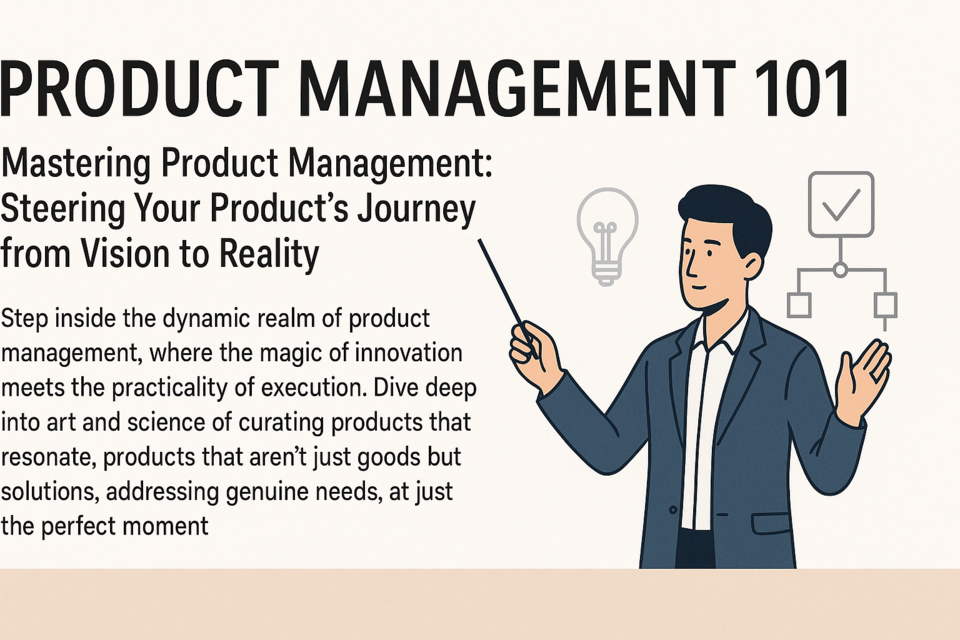Clients often are unhappy with their current career plans for one reason: They are not motivated. While they might enjoy their work and be good at it, if they are not motivated to do well, each day can be drudgery.
As a coach, you can begin to help your clients uncover what motivates them so as to help them better understand what this means for their current career plans. When clients are motivated to do well, then they will be satisfied with their work and they will be engaged.
In your coaching sessions, many clients will be unable to say why certain tasks excite them and others do not. Because clients might be unhappy in some areas of their work, they might not be ready to admit that there are other areas in which they feel challenged and engaged.
The "all or nothing" thinking is something that, as a coach, you will need to listen for and point out as needed. Listen for words like:
- always;
- never;
- hate;
- love.
When you hear these strong words, you will want to make sure you are writing down what your clients are saying, as these are signals that clients are revealing their motivators.
Those things they love = situations with elements that motivate them.
DETERMINING A CLIENT'S MOTIVATORS
One of the most important questions you can ask as a career coach is why. When your clients talk to you about what motivates them, you will want to ask them why, again and again, until they begin to understand more about why they like or do not like something.
This seems like a simple fix, but many clients can be stuck on the what of their unhappiness. They need a career coach to recognize the why of their problems.
Set up coaching sessions in which you and your clients are able to discuss three specific situations in their working history:
- their favorite day;
- their least favorite day;
- their ideal day.
With each of these situations, have the client describe them in detail, possibly recording the sessions as you speak. When they talk, continue to ask them why in order to provoke deeper descriptions and explanations. You want clients to understand precisely what causes them to feel the way they do.
Let clients know that they might not be able to answer, but they should stop and think about these unanswered questions on their own. The client should take time on his or her own to think about these questions and then report to you the final answer.
From these discussions, clients will begin to find the root of their motivation. They might find they like to create expense reports because they like numbers, or they might find they like to talk with clients because they enjoy interacting with others.
Some clients might argue with you about why motivation is even important to understand. After all, they believe it is the job, not them, that is the problem.
Explain to clients that motivation is something that will allow them to connect to any task more fully. When clients are able to enjoy what they are doing, then they will be able to solve problems more easily, complete the task more efficiently, etc. Clients who are interested in their work are clients who will be happy no matter how difficult a day might be or how heavy the workload is.
For some clients, this can really be the "aha" sort of moment in which they begin to change the way they approach their future, permanently. When clients are able to recognize what motivates them, they can share this with future employers and see how this can be utilized in the workload and job responsibilities.
Motivation is the key to making sure clients have a smooth career path, no matter what direction they take.
If your clients are having trouble determining the motivation they need in their work, you might be able to help them understand themselves better by talking about the following during a coaching session:
- Money: Some clients are motivated by money, so finding a career that pays well might be all-important to them.
- Success: Many clients like to be successful, meaning they feel good about achieving a higher position, causing them to want to do the new job more and to achieve more.
- Responsibilities: For some, it might not be about the position but the responsibilities they are able to have as a result of their work. Taking on more responsibilities is a strong motivator for them.
- Ability to create change: There are some people who like to feel as though their suggestions are being heard and implemented. If a person believes he or she can talk to supervisors and other co-workers and get something achieved, this can be a motivating factor.
There are many different motivating factors that can be part of your clients' needs. Helping your clients recognize these factors will help them match up to the perfectly satisfying career.
One of the main reasons clients seek out a career coach instead of looking for a new job in the traditional ways is that they have already done all they know how to do.
They have become frustrated with the way their job search has been going, and they need someone like you to help them figure out where they are going wrong and how they can turn things around.
In today's market, it is not just about the r�sum� a person has or the experience offered; it is about the complete package of a person. Think about it this way: While you might not know why you like a particular brand of clothing, you might gravitate toward it, anyway. While you might not buy every article of clothing that brand has to offer, you return to this brand of clothing for the product it has to offer.
Another way to describe a brand is to say "impression." What is the first impression someone or something gives you? That is what an employer is looking for in an employee. If the employer instantly is pulled into knowing more about a person, then the employer is more likely to hire that person, even if the person does not have all the skills the employer wants.
The most difficult part of branding is trying to figure out what your client has to offer that others do not. While some clients you have might have a unique skill set, they might not know what this means in terms of developing their careers.
You should sit down with each client and decide what he or she has to offer, and this list might turn out to be the person's career mission statement.
A mission statement is a clear, concise, and simple description of what the client has to offer.
An example of a mission statement might be:
John Doe is an investment banker who works with clients via personal contact to ensure they have what they want now and in the future.
The goal of a mission statement is to clearly outline what a person has to offer, how she or he offers it, and what makes that person's brand different from others. As the branding process continues, you will show the client how to spread the mission statement far and wide in order to ensure all possible job prospects know what the client has to offer.
Branding is not just about the idea of naming what a person can do. This is also an opportunity for the person to show how he or she is different from others in the same field.
For example, you might want to sit with your client and begin to look at the competition within the person's market. This way, the client can begin to see what skills or features should be highlighted as skills that set the person apart.
Your client will be required to do some research at this point.
- Have the client bring you a list of the people in her or his field who make up the competition.
- Then highlight the skills each of these competitors has to offer.
Once the personal brand has been created, the actual spreading of that brand can begin. People can showcase their brand to the world in many different ways. The goal of personal branding is REPETITION.
Those who hear about your client should think of the person's mission statement each time they hear of your client. The following are some ways in which your client can begin to repeat that brand again and again to establish his or her prominence and appeal.
- A personal Web site: Because the Web site seems to be the new business card, your client will want to set up a simple site. It might contain merely a list of the person's skills, personal mission statement, and r�sum�. This site should reflect the personal mission statement, as well as images the client wants to be associated with.
- An image or an icon: Each of the major computer companies in the world has an icon that is associated with it. Even if the company does not reveal its name during a commercial, that icon or image will tell the world whom the advertisement is for. Your client needs to come up with an image or an icon that will represent the person and will be included on that person's stationery, Web site, and business card.
- Business cards: Though business cards are certainly less popular than they once were, they are still quite effective in terms of helping people leave a contact with their information and a taste of their brand via images, Web site address, motto, etc.
- Expertise development: Because your clients are going to be touting themselves as experts in the chosen field, they need to show the prospective employers that they are involved in their subject matter. Clients might want to teach classes, give speeches, or write a blog about their skills and talents. This way, others will see that your clients are engaged in their field and considered to be experts among others who see their writing or speaking engagements.
- Social media: Using Web sites like Facebook, Twitter, and even LinkedIn can help clients spread their brand around, allowing them to be even more approachable to employers and companies. These sites should be strictly professional and personal chatter should be kept to a minimum, unless that is the side of themselves that clients want to share.
- E-mail address: While it seems fairly obvious, clients should use a professional e-mail address in order to show who they are and how they can be reached. A simple Last Name First Name@_______.com will work well; for example, johndoe@yourmail.com.
While these branding steps seem simple, many people are still using just word of mouth to spread information about what they have to offer. Instead, your clients can be more effective in their job search and in networking by creating a brand that is associated with them and only them.

























